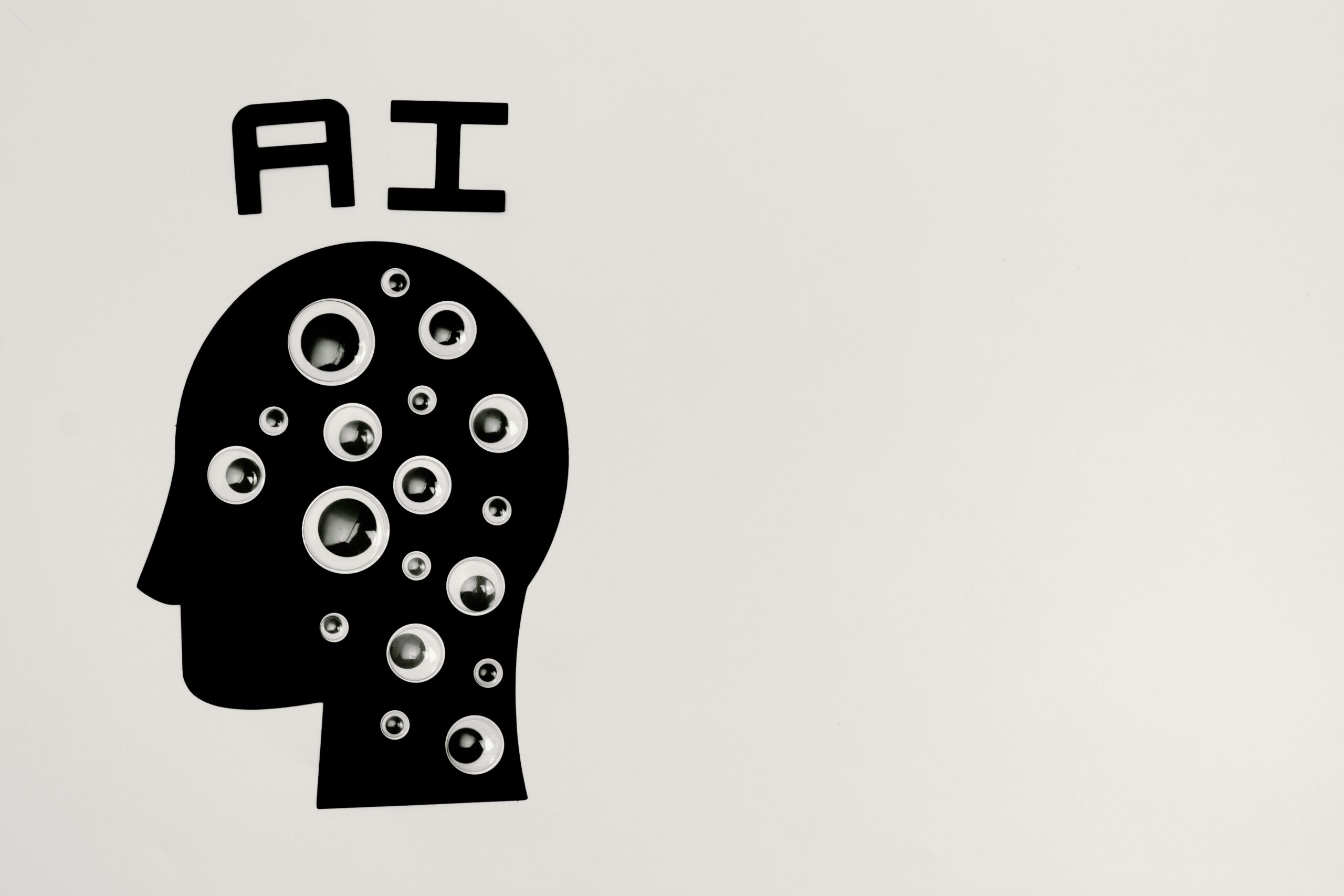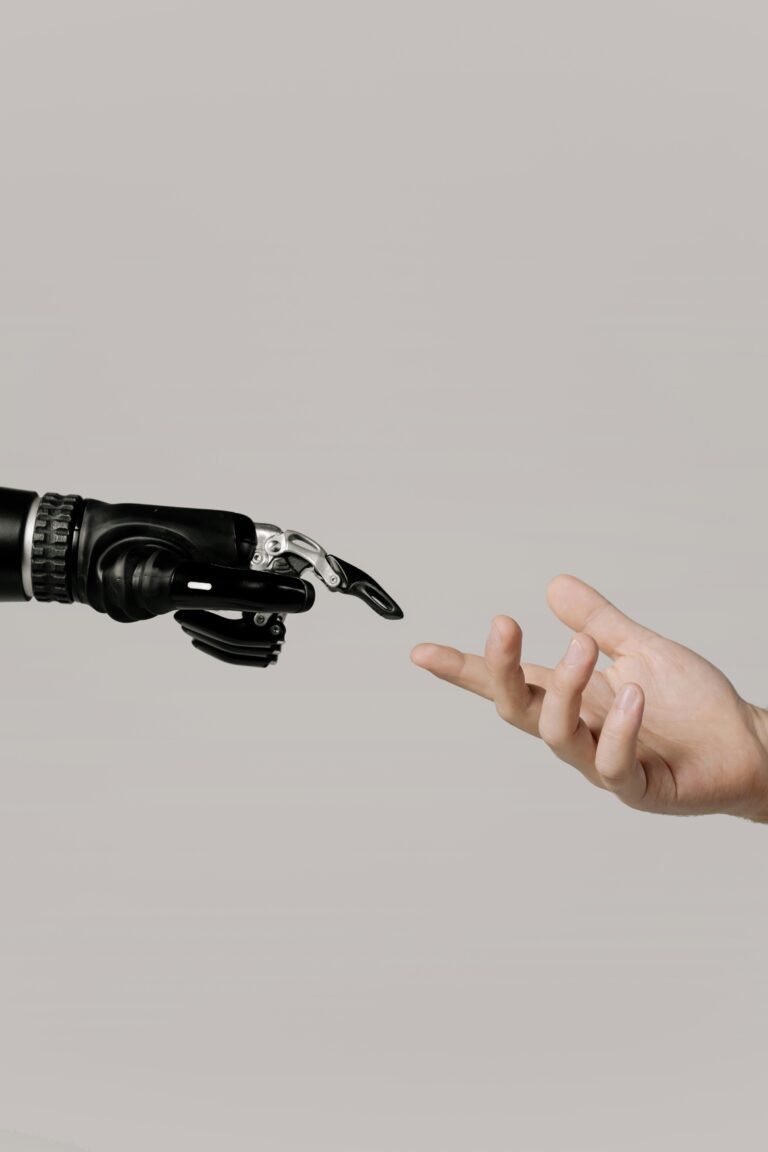How AI Is Reshaping Business Operations in 2025
Artificial intelligence is no longer a futuristic buzzword—it’s here, it’s mainstream, and it’s completely transforming how businesses operate in 2025. From automating repetitive tasks to enhancing decision-making and forecasting, AI has moved from experimental to essential.
Companies across industries—from finance to healthcare to retail—are adopting AI tools to boost productivity, improve accuracy, and stay competitive. But beyond the hype, what does this transformation actually look like on the ground?
Let’s explore how AI is reshaping business operations in real time this year.
Smarter Automation Is the New Normal
Gone are the days when automation meant just setting up macros or automating emails. In 2025, AI-powered automation is smarter and more adaptive. Tools like robotic process automation (RPA) now work alongside machine learning models to handle complex tasks, such as processing insurance claims, onboarding new employees, or managing supply chain fluctuations.
For example, AI can now read and interpret unstructured data—like emails, invoices, and legal contracts—and automatically route, flag, or respond based on context. This reduces manual workload, cuts down human error, and frees up employees for higher-value tasks.
Predictive Analytics Is Driving Strategic Decisions
Thanks to AI, companies are no longer just reacting to business trends—they’re predicting them. AI systems analyze massive datasets from internal systems, market reports, customer behavior, and even social media to spot patterns humans might miss.
Retailers are forecasting demand with near-perfect accuracy. Logistics companies are predicting delivery delays before they happen. HR departments are using predictive analytics to anticipate employee turnover.
With AI-enhanced foresight, decision-making is faster, smarter, and more strategic.
Personalized Customer Experiences Are the Standard
In 2025, personalization is no longer optional—it’s expected. AI enables businesses to deliver tailored customer experiences across every channel, from email marketing to customer service to product recommendations.
AI algorithms analyze browsing behavior, purchase history, and engagement data to recommend products that feel “just right” to the consumer. Chatbots powered by natural language processing are providing 24/7 customer support that feels more human and helpful than ever.
Even in B2B environments, AI is helping sales teams deliver more relevant pitches, follow up at optimal times, and close deals with greater precision.
AI in the Back Office: Silent but Powerful
While AI’s flashiest applications often make headlines, its quieter impact is being felt in the back office—finance, compliance, IT, and admin.
Accounting systems are now flagging irregular transactions, automating monthly reconciliations, and even suggesting cash flow strategies. Compliance departments are using AI to monitor regulatory changes and automatically update policies.
In IT, AI is powering real-time threat detection and response, making cybersecurity faster and more proactive. Across departments, what once took hours or days is now handled in seconds.
Ethical AI and Responsible Deployment Are Critical
As AI becomes more embedded in operations, businesses must also grapple with ethics and responsibility. Bias in algorithms, data privacy, and workforce disruption are major concerns in 2025.
Smart companies are implementing AI governance frameworks to ensure transparency and fairness. They’re auditing AI models regularly, using explainable AI (XAI) tools to understand decision-making logic, and offering reskilling programs to support employees impacted by automation.
The goal isn’t just efficiency—it’s ethical efficiency.
Looking Ahead
AI is no longer just enhancing business operations—it’s redefining them. The companies winning in 2025 are those that have embraced AI strategically, balancing innovation with responsibility.
They’re not asking whether to use AI, but how to use it better: where it can save time, reduce cost, improve outcomes, and elevate the human experience—not replace it.
As we move further into the decade, AI will become even more intertwined with day-to-day business functions. The key to success will be staying agile, upskilling your workforce, and approaching AI as a tool for growth—not just a shortcut.







